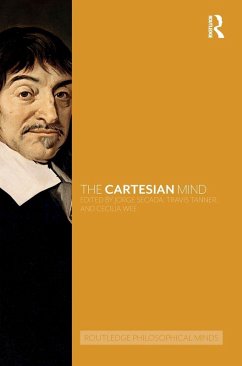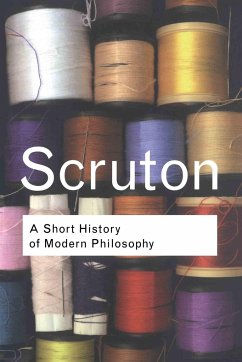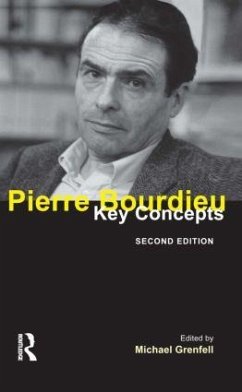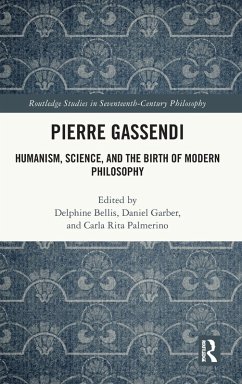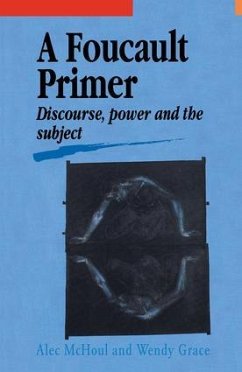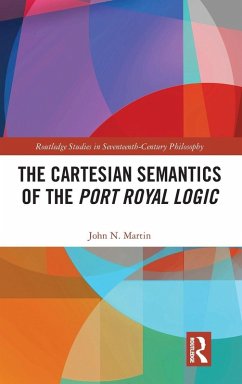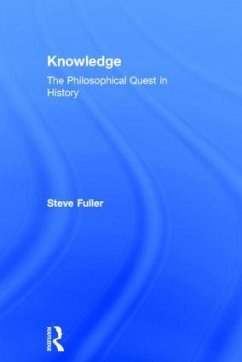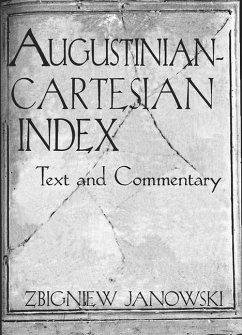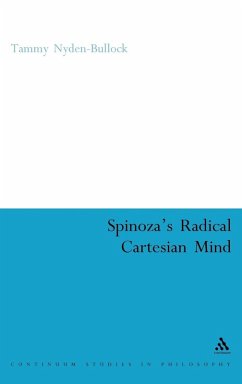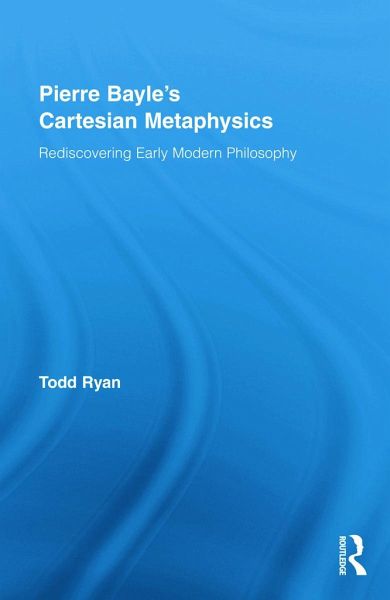
Pierre Bayle's Cartesian Metaphysics
Rediscovering Early Modern Philosophy
Versandkostenfrei!
Versandfertig in 1-2 Wochen
185,99 €
inkl. MwSt.
Weitere Ausgaben:

PAYBACK Punkte
93 °P sammeln!
In his magnum opus, the "Historical and Critical Dictionary" (1697), Pierre Bayle engaged in a series of brilliant criticisms of the major philosophical positions of the 17th Century. Through a careful analysis of Bayle's critical encounters with the metaphysical systems of the modern philosophers, this book argues that despite his reputation as a skeptic Bayle was not without philosophical commitments. Unfortunately, this more positive facet of Bayle's thought has been underappreciated by scholars of Early Modern philosophy. Thus there remains a genuine need for a detailed study of Bayle's metaphysics and its relation to the scientific revolution of the seventeenth-century. This impressive volume will be of interest to historians of philosophy and anyone interested by Bayle.
In his magnum opus, the Historical and Critical Dictionary, Pierre Bayle offered a series of brilliant criticisms of the major philosophical and theological systems of the 17th Century. Although officially skeptical concerning the attempt to provide a definitive account of the truths of metaphysics, there is reason to see Bayle as a reluctant skeptic. In particular, Todd Ryan contends that Bayle harbored deep sympathy for the attempt by Descartes and his most innovative successor, Nicolas Malebranche, to establish a metaphysical system that would provide a foundation for the new mechanistic natural philosophy while helping to secure the fundamental tenets of rational theology. Through a careful analysis of Bayle's critical engagement with such philosophers as Spinoza, Leibniz, Locke and Newton, it is argued that, despite his reputation as a skeptic, Bayle was not without philosophical commitments of his own. Drawing on the full range of Bayle's writings, from his early philosophical lectures to his final controversial writings, Ryan offers detailed studies of Bayle's treatment of such pivotal issues as mind-body dualism, causation and God's relation to the world.




